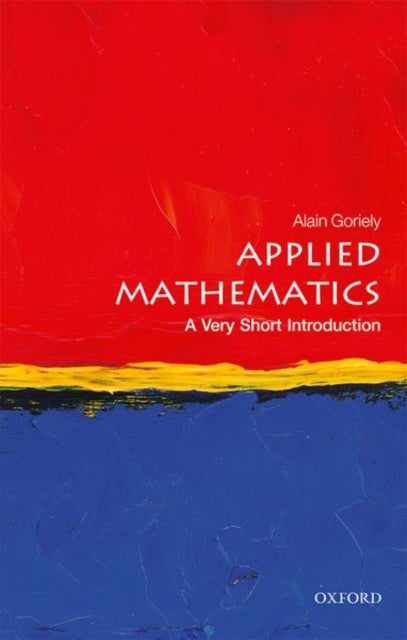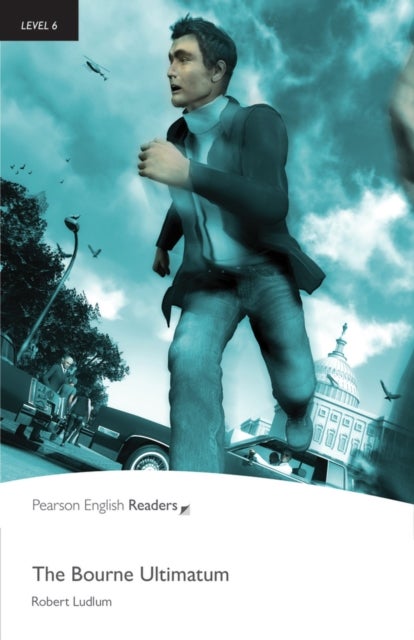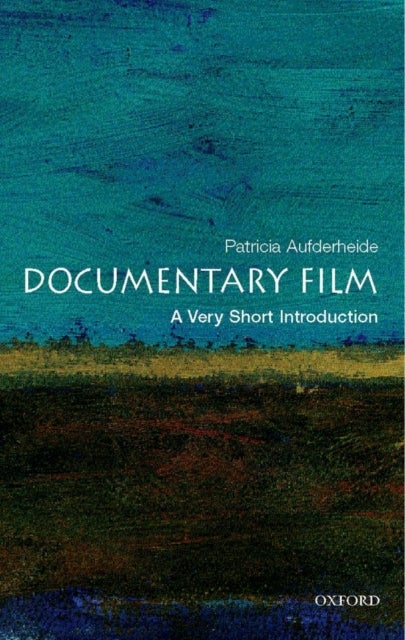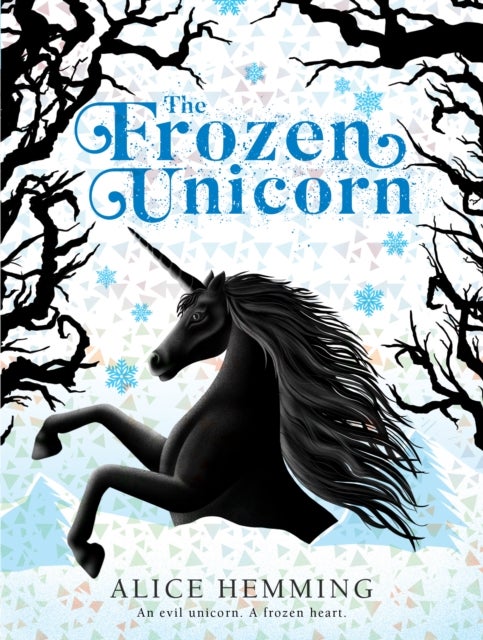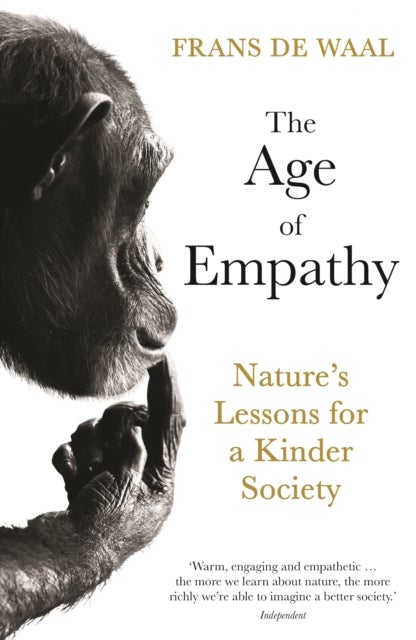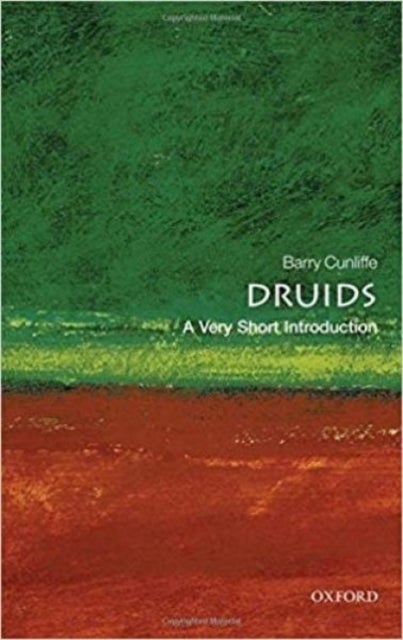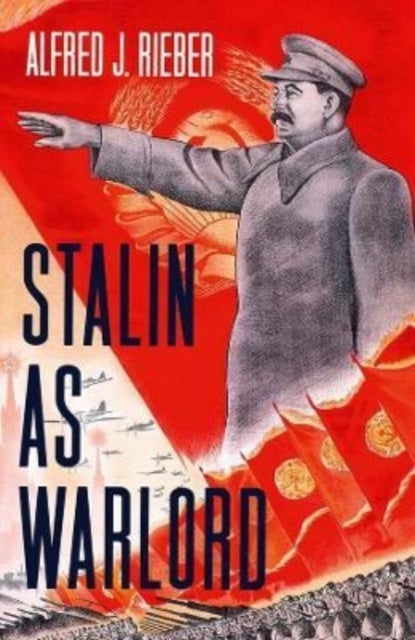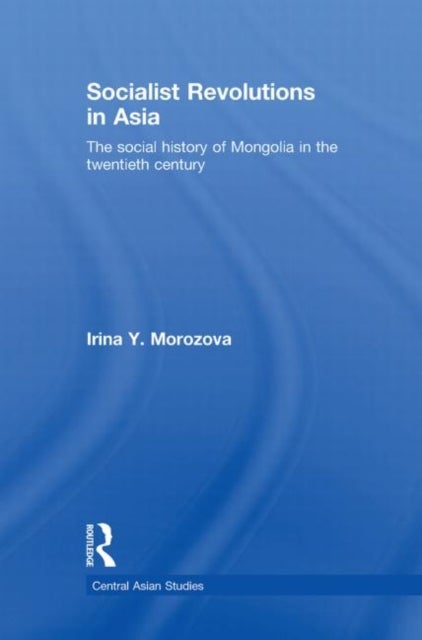
Socialist Revolutions in Asia av Irina Y. Morozova
569,-
Contemporary Mongolia is often seen as one of the most open and democratic societies in Asia, undergoing remarkable post-socialist transformation. Although the former ruling party, the Mongolian People¿s Revolutionary Party (the MPRP), has fundamentally changed its platform, it holds leadership and frames nation-building policy. This book re-conceptualises the socialist legacy of Mongolia and explains why in the 1920s a shift to socialism became possible. Furthermore, the role of Mongolian nationalism in the country''s decision to ally with the USSR in the 1920-1930s and to choose a democratic path of development at the end of the 1980s is explored.<BR>Focusing on social systems in crisis periods when the most radical differentiation in social relationships and loyalties occur, the book describes the transformation of the elite and social structures through the prism of the MPRP cadres¿ policy and the party¿s collaborations with the Third Communist International and other Sov

